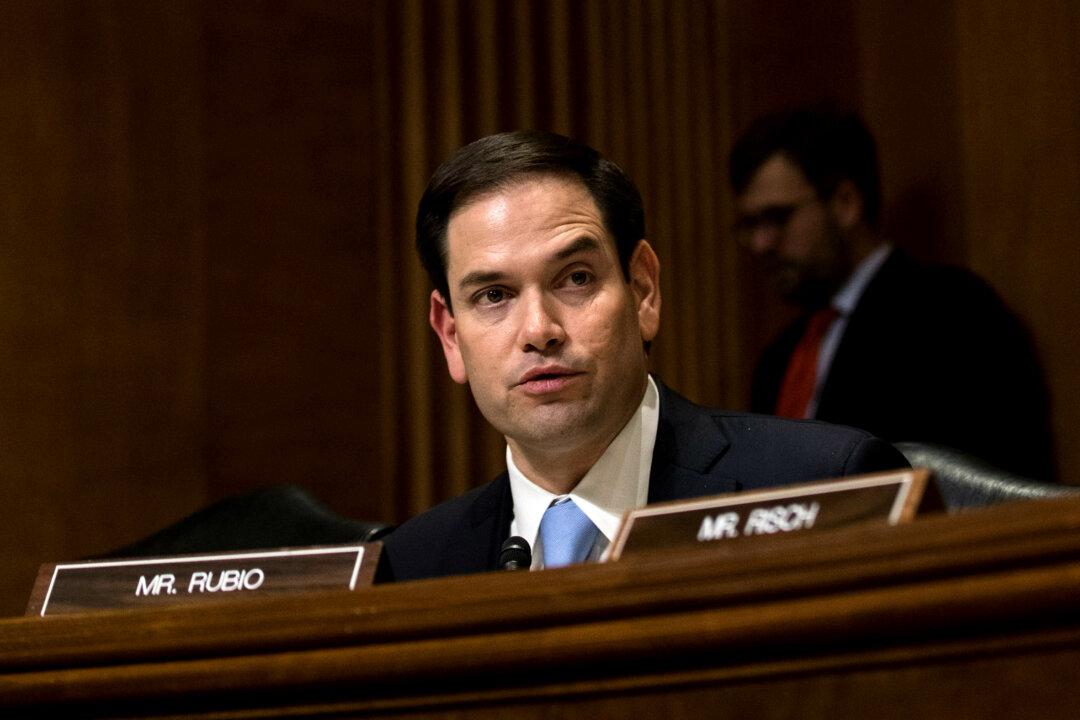GOP senators are set to file a series of amendments in opposition to the Democrat budget agenda, as senators continue debate on the 2021 budget resolution using the budget “reconciliation” process.
Sens. Marco Rubio (R-Fla.), Tim Scott (R-N.C.), and James Lankford (R-Okla.) filed an amendment to ensure taxes are not increased during the course of a pandemic for small businesses and another was filed by Sens. Todd Young (R-Ind.) and Tom Cotton (R-Ark.), who want to ensure that relief checks do not go to illegal aliens.





